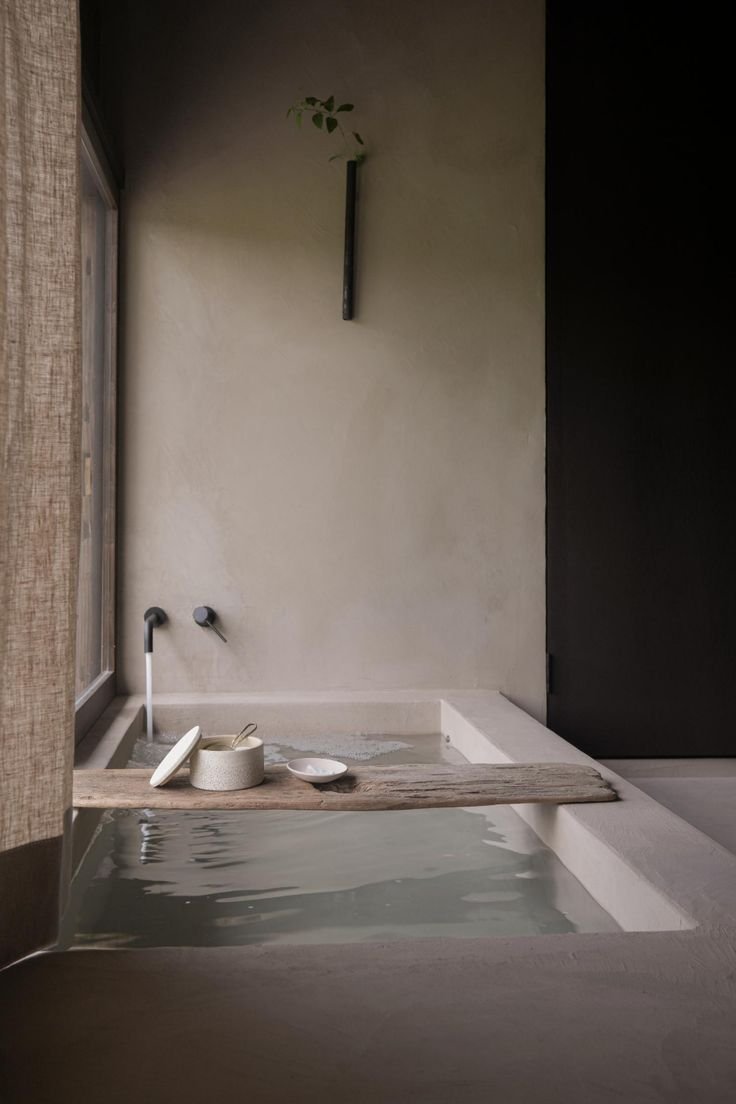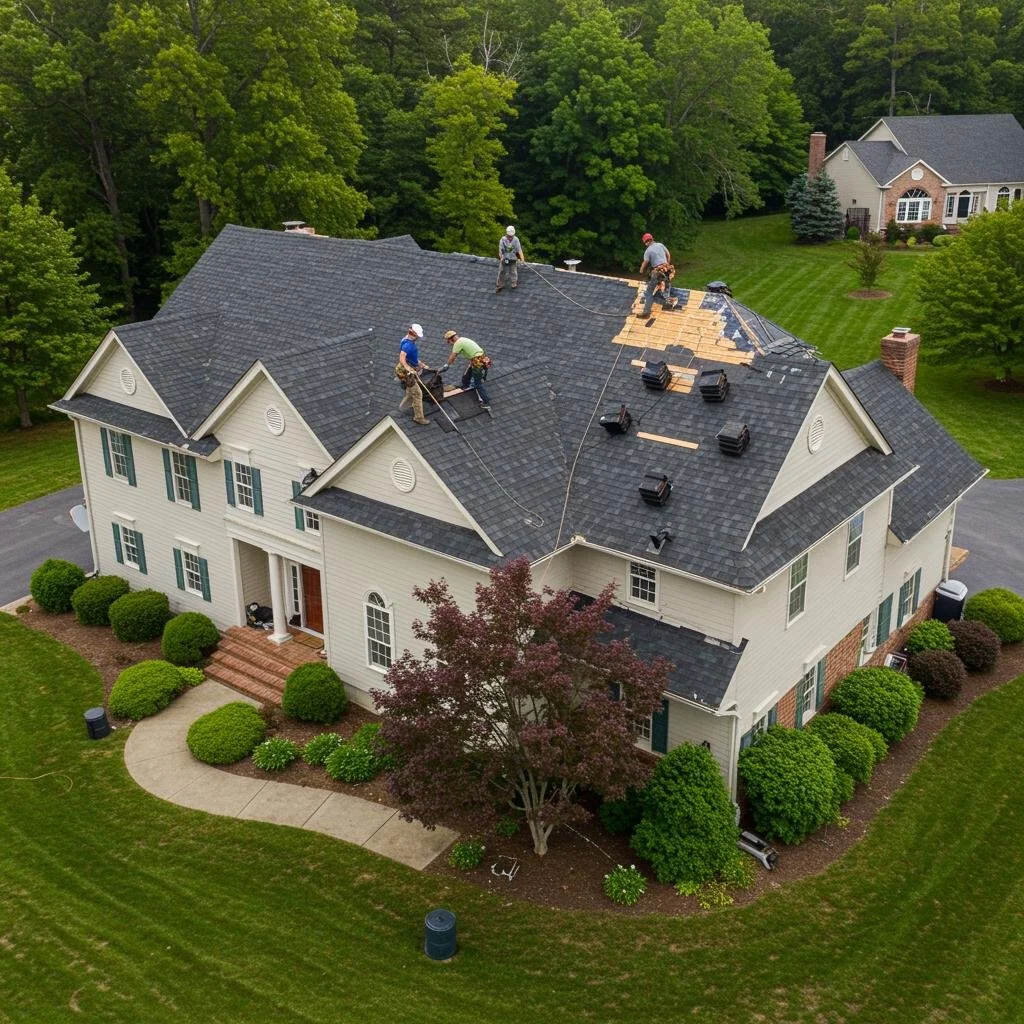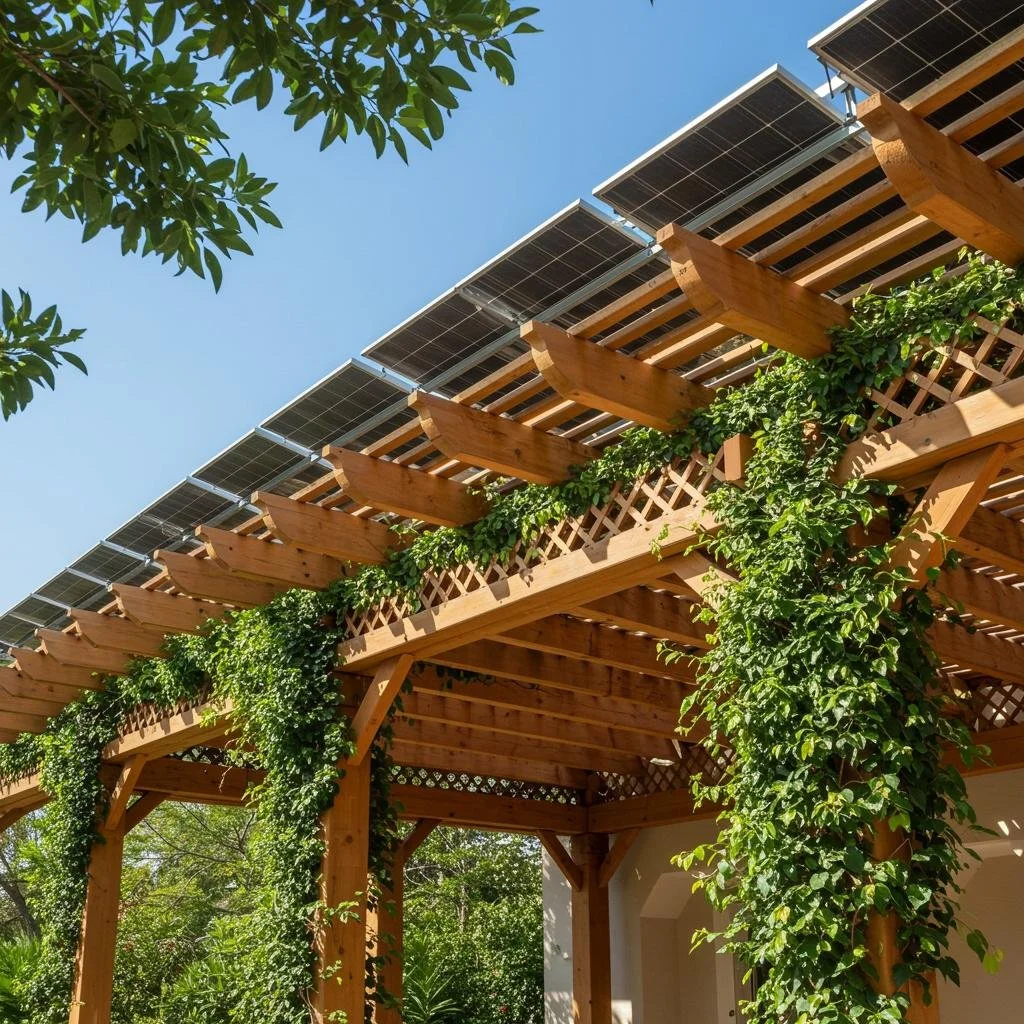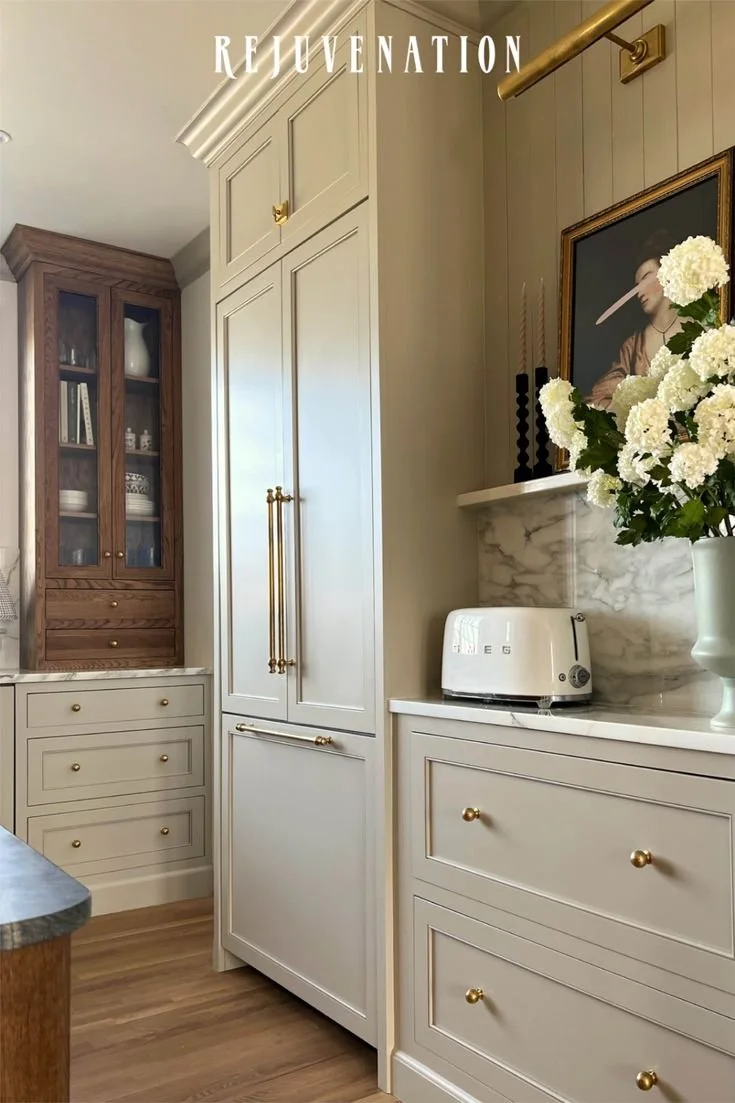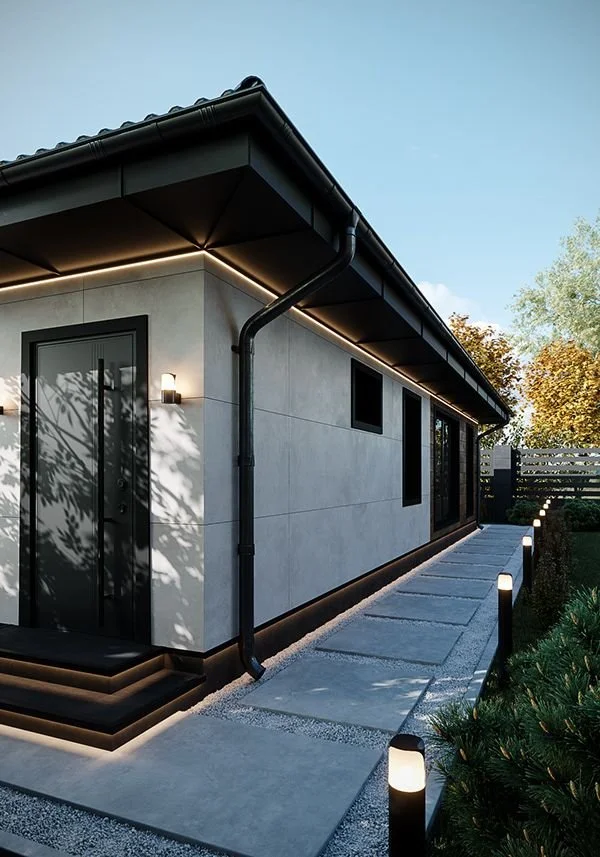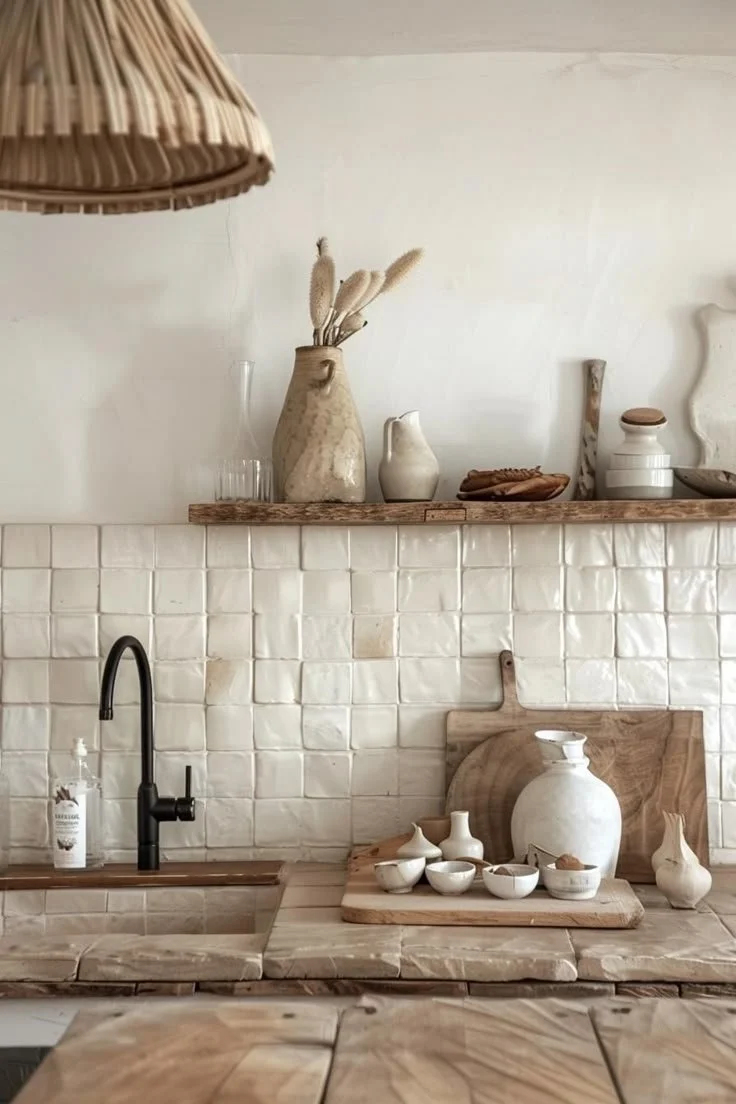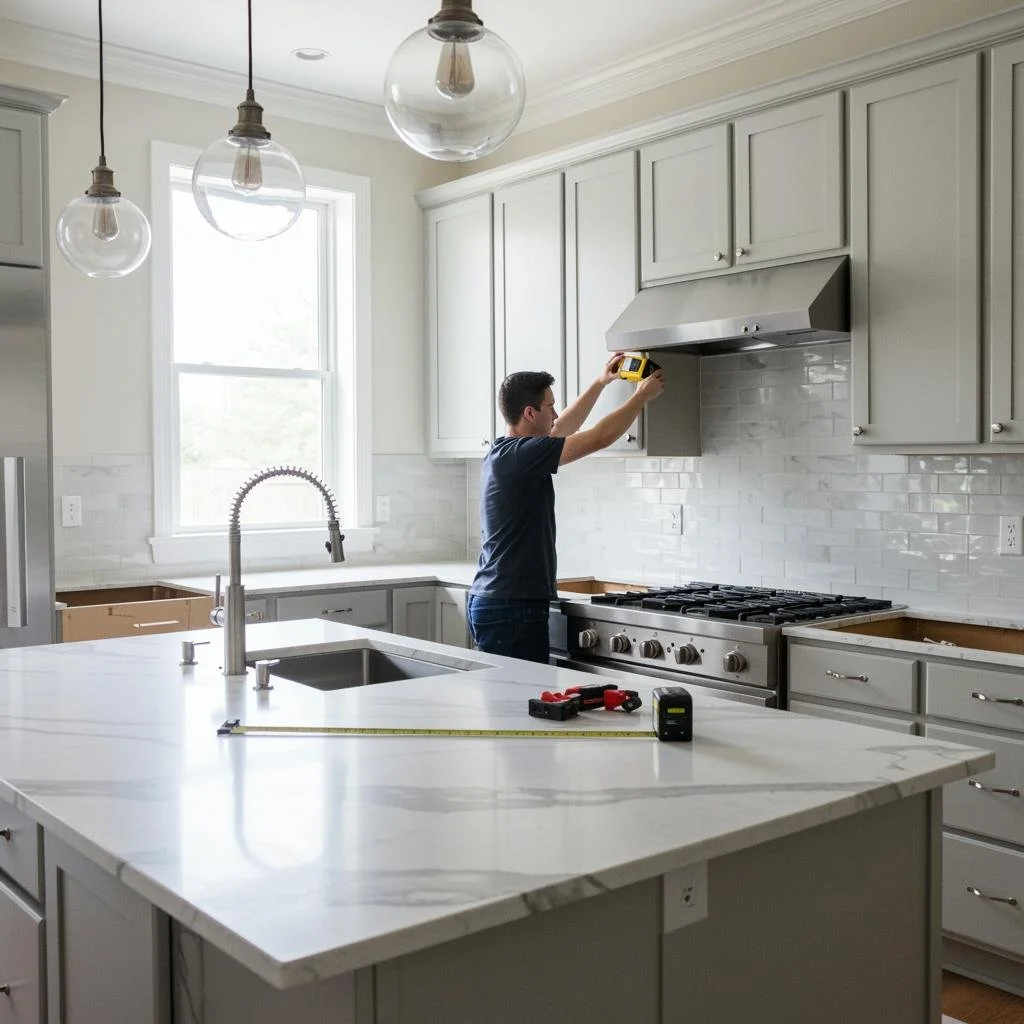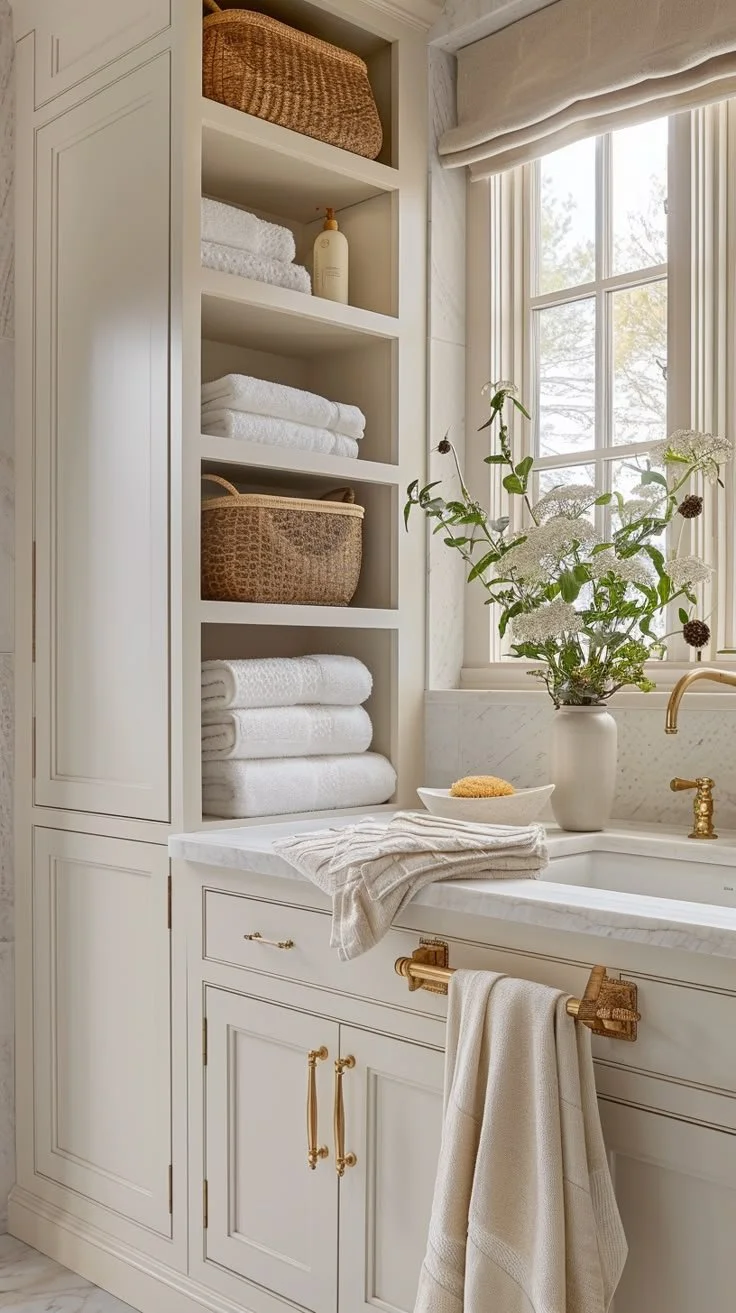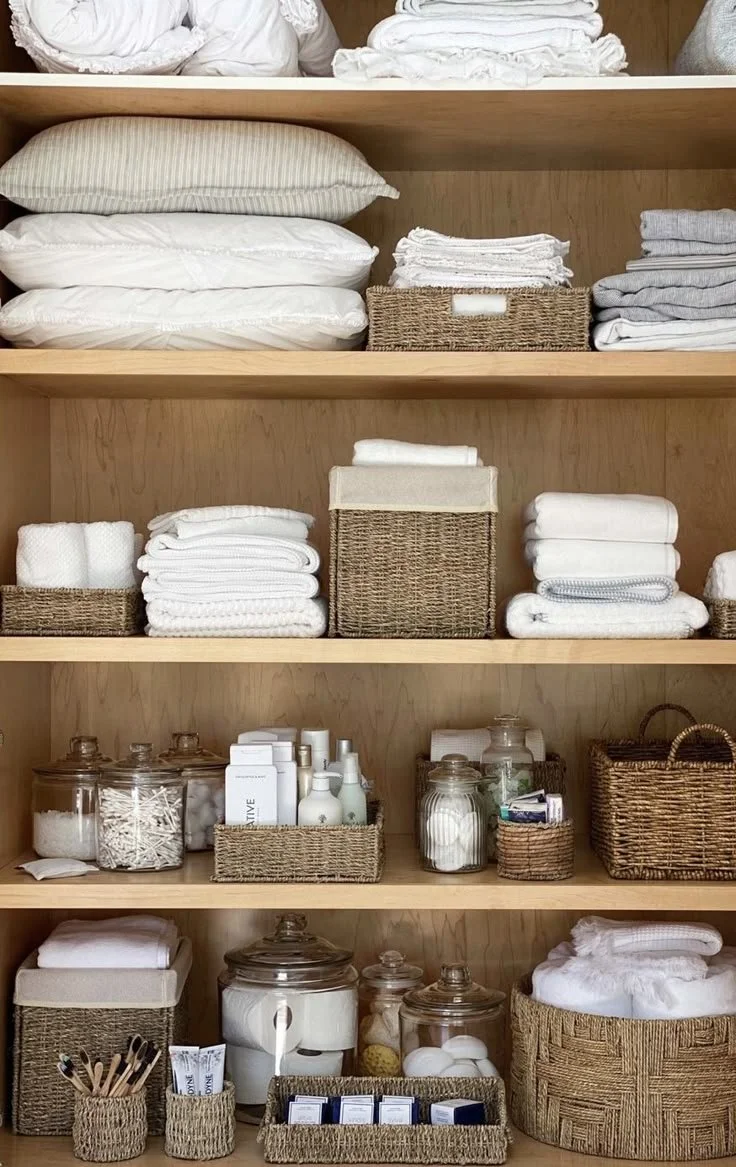Tips To Maintain Your Plumbing System And Save Long-Term
Taking care of your plumbing system is essential for maintaining your home. Neglecting it can lead to costly repairs, wasted water, and even structural damage. Keeping your plumbing in good condition not only saves money in the long run but also ensures your home operates smoothly.
Regular maintenance doesn’t have to be complicated. With a few straightforward practices, you can prevent common issues like leaks, clogs, and damaged pipes. In this guide, we outline key steps to help you maintain your plumbing system for long-term savings.
No. 1
Regularly Inspect for Leaks
Leaks are among the most common plumbing problems homeowners face, and they can be costly if left unattended. A dripping tap or leaking pipe not only wastes water but can also cause structural damage and mold growth. Regular inspections can help you detect and address leaks early, saving you money and preventing larger issues.
Start by checking visible pipes under sinks and in utility areas for signs of moisture, such as water stains or puddles. Don’t forget to inspect taps, showerheads, and outdoor spigots for drips. If your water bill suddenly increases, it could indicate a hidden leak in your system.
If you’re unsure how to locate or fix a leak, consulting The Plumber can provide expert guidance and repairs. Acting promptly is key to avoiding further damage and keeping your plumbing in top condition.
No. 2
Clean Drains to Prevent Blockages
Clogged drains are a common household issue that can lead to unpleasant backups and slow draining water. Regularly cleaning your drains helps prevent blockages and keeps your plumbing running smoothly.
Use drain strainers in sinks and showers to catch hair, food particles, and other debris that can cause clogs. Clean these strainers regularly to maintain proper water flow.
For an eco-friendly cleaning method, pour boiling water down your drains once a week. You can also use a mixture of baking soda and vinegar to break down minor buildup.
Avoid harsh chemical drain cleaners, as they can damage your pipes over time. If you experience persistent clogs or slow-draining water, it’s best to call a professional to inspect your plumbing system and clear any blockages.
No. 3
Maintain Proper Water Pressure
Water pressure that’s too high or too low can lead to plumbing problems over time. Low pressure can make daily tasks like washing dishes frustrating, while high pressure can strain pipes and cause leaks.
To check your water pressure, attach a pressure gauge to an outdoor spigot. Ideally, water pressure should range between 40 and 60 psi (pounds per square inch). If your pressure is too high, installing a pressure regulator can help prevent damage to your pipes and fixtures.
Regularly monitoring your water pressure allows you to catch issues early. Sudden changes in pressure may indicate a larger problem, such as a hidden leak or a malfunctioning valve. Addressing these issues promptly can save you from costly repairs down the road.
Rejuvenation
Elevate your space with Rejuvenation's timeless bathroom plumbing fixtures – where style meets functionality.
No. 4
Protect Pipes from Freezing
Frozen pipes are a major concern during colder months. When water inside pipes freezes, it expands, potentially causing the pipes to burst. This can result in significant water damage and expensive repairs.
To protect your pipes, insulate exposed sections in areas like basements, crawl spaces, and garages. Pipe insulation is affordable and easy to install, making it a practical solution for winter protection. During freezing weather, keep your home’s thermostat at a consistent temperature and allow taps to drip slightly to keep water moving through the pipes.
If a pipe freezes, act quickly. Turn off the water supply to minimize damage, and use a hairdryer or warm towels to thaw the pipe gradually. Avoid using an open flame, as this can damage the pipe or cause a fire.
Preventative measures can save you money and spare you the inconvenience of dealing with burst pipes.
No. 5
Flush the Water Heater Regularly
Your water heater is an essential appliance, but it requires regular maintenance to function efficiently. Over time, sediment can build up in the tank, reducing its efficiency and lifespan. This sediment can also cause inconsistent water temperatures or strange noises.
To flush your water heater, turn off the power supply and cold water inlet. Attach a hose to the drain valve and direct the water to a safe drainage area. Open the valve and let the water run until it’s clear of sediment.
Flushing the tank once or twice a year helps maintain efficiency and ensures consistent hot water for your home. If you’re not comfortable performing this task, a plumber can handle it for you.
No. 6
Replace Worn-Out Fixtures and Components
Old or damaged fixtures, washers, and valves can waste water and lead to leaks. Replacing them promptly is a cost-effective way to keep your plumbing system running smoothly. For example, if you have taps that constantly drip, replacing the washer or the entire tap can stop water wastage and prevent further damage to surrounding fittings.
Consider upgrading to modern fixtures, such as low-flow taps and showerheads, which are designed to conserve water without sacrificing performance. Regularly inspect your plumbing fixtures and replace worn-out parts as soon as you notice a problem.
No. 7
Schedule Professional Inspections
While regular DIY maintenance is important, professional inspections can identify hidden issues that might not be obvious to homeowners. A qualified plumber can check for leaks in hard-to-reach areas, assess the condition of your water heater, and inspect sewer lines for blockages or damage.
Scheduling an annual inspection can save you money in the long term by catching small problems before they escalate into major repairs. A professional can also recommend upgrades or maintenance practices to improve your plumbing system’s efficiency and reliability.
Takeaways
Maintaining your home’s plumbing system is an investment that pays off in long-term savings. Regularly inspecting for leaks, cleaning drains, monitoring water pressure, and protecting pipes from freezing can help you avoid costly repairs and ensure your plumbing operates efficiently. Flushing your water heater, replacing worn-out fixtures, and scheduling professional inspections add further layers of protection to your system.
Taking proactive steps not only saves you money but also provides peace of mind. A well-maintained plumbing system is less likely to fail, helping you avoid emergencies and ensuring your home runs smoothly year-round. Start implementing these tips today to keep your plumbing system in top shape.
Looking For Home Resources?
Looking to enhance your living space and create a sanctuary that supports your well-being? Explore our home partners who offer a wide range of resources to elevate your home environment.
